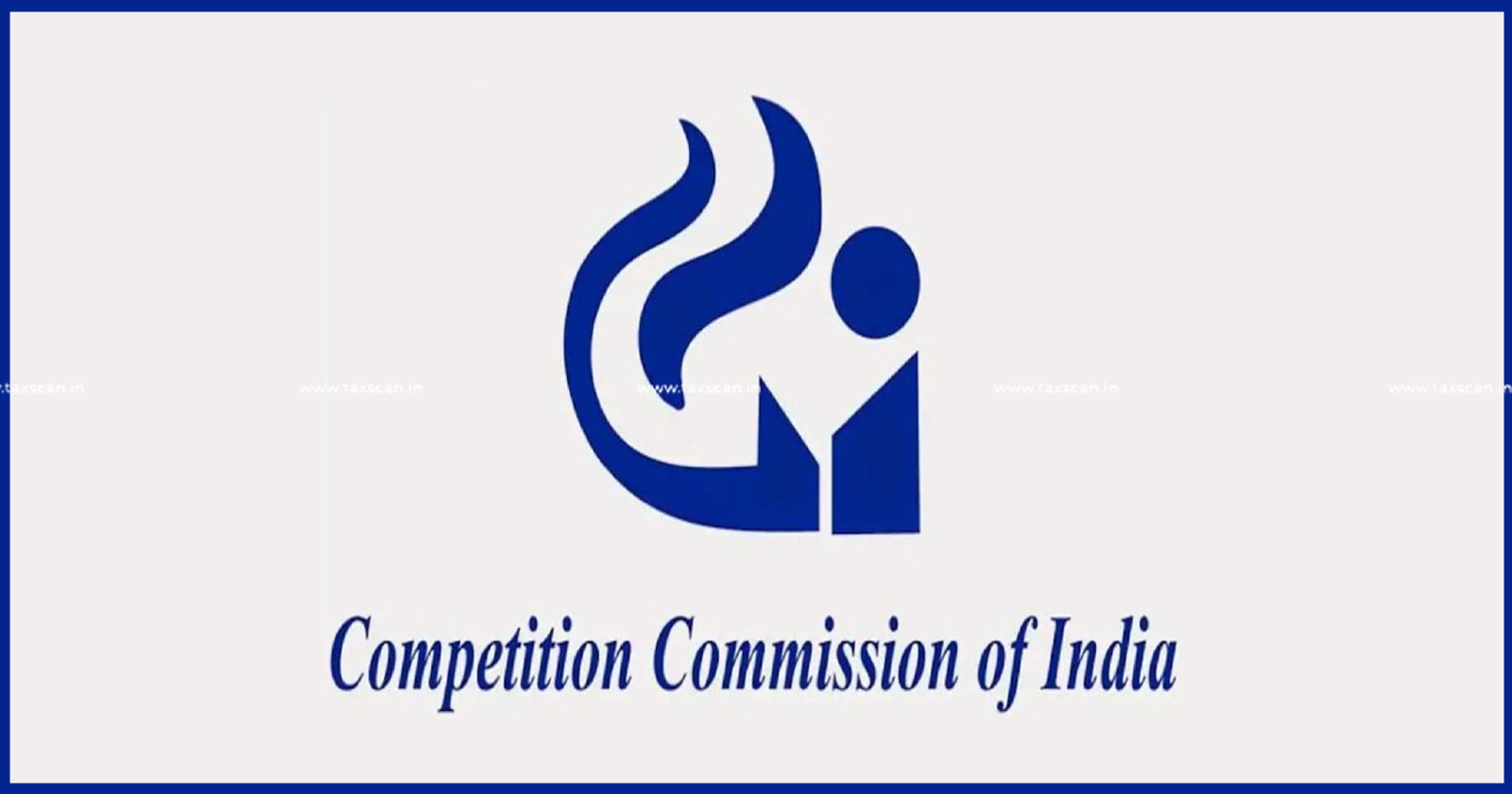CCI Anti-Profiteering Bench Dysfunctional: Ten Days to Complete Six Months, Not a Single Case Adjudicated so Far

CCI – anti-profiteering – CCI anti-profiteering – Taxscan
CCI – anti-profiteering – CCI anti-profiteering – Taxscan
The Competition Commission of India had taken over the GST Anti-Profiteering matters from December 1 from the National Anti-profiteering Authority (NAA) almost six months ago, butthe Competition Commission of India (CCI) has not been able to dispose of a single anti-profiteering matter yet since it took over the responsibility under the Goods and Services Tax (GST) mechanism.
Three months ago, an official source revealed that the absence of a quorum was affecting work at the CCI, which needs at least three members to be present for meetings. However, as of now, the CCI has only two members, with one member serving as the chairperson.
Read More: CCI struggles with GST Anti-Profiteering Matters in the Absence of Quorum
The Notification No. 23/2022 - Central Tax stated “In exercise of the powers conferred by sub-section (2) of section 171 of the Central Goods and Services Tax Act, 2017 (12 of 2017),
The Central Government, on the recommendations of the Goods and Services Tax Council, hereby empowers the Competition Commission of India established under sub-section (l) of section 7 of the Competition Act, 2002 (12 of 2003), to examine whether input tax credits availed by any registered person or the reduction in the tax rate have actually resulted in a commensurate reduction in the price of the goods or services or both supplied by him.
Anti-profiteering provisions in the context of Goods and Services Tax (GST) refer to measures taken by the government to ensure that businesses pass on the benefits of reduced tax rates or input tax credits to consumers by reducing the prices of goods and services. These provisions are aimed at preventing unfair profiteering by businesses during the transition to the Goods and Services Tax regime.
The key objective is to maintain the revenue-neutral approach of GST, which intends to neither increase nor decrease the tax burden on businesses and consumers. The anti-profiteering measures were introduced as a safeguard in the GST framework to protect consumers from price hikes and to ensure that businesses do not take advantage of the new tax system.
In many countries implementing GST and likewise taxation schemes, including India, anti-profiteering provisions have been put in place to address this concern. In India, the anti-profiteering provisions were introduced under Section 171 of the Central Goods and Services Tax (CGST) Act, 2017. According to the provision, businesses are required to pass on the benefits of any reduction in the rate of tax or the benefit of input tax credit to the final consumers.
Support our journalism by subscribing to Taxscan premium. Follow us on Telegram for quick updates


